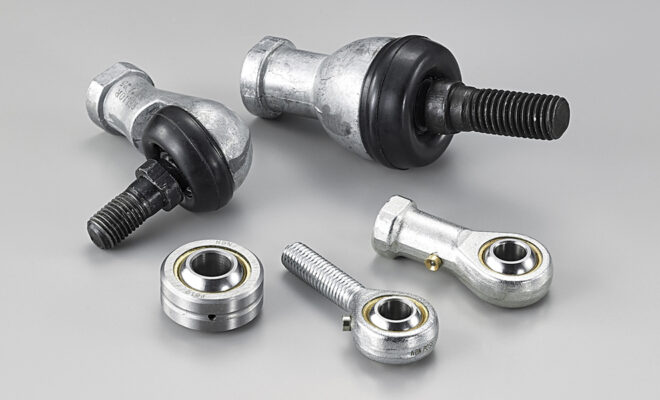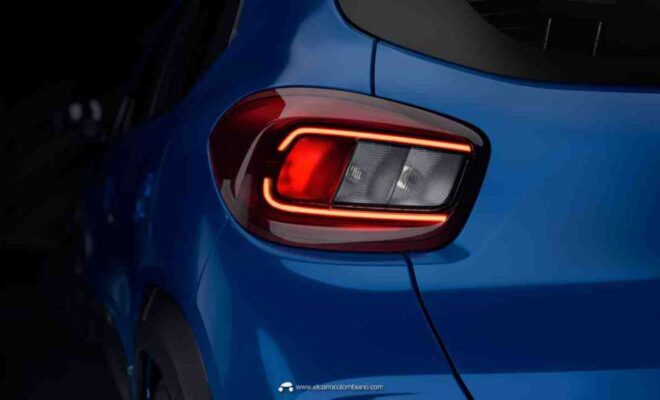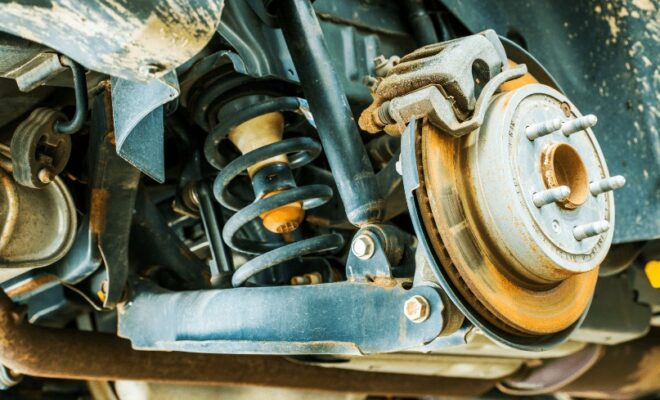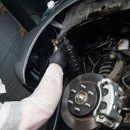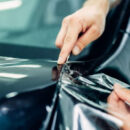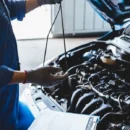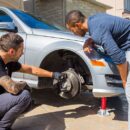How to Check for Brake Drum Vibrations While Driving

Important parts of your car’s braking system, brake drums aid in slowing down or stopping the car when you apply the brakes. Brake drums, however, may wear out or sustain damage over time, causing vibrations that may compromise your driving experience’s comfort and safety. Early detection of brake drum problems is crucial to halting additional damage and maintaining the effectiveness of your car’s braking system. For reliable Auto Repair in Baltimore, MD, professional technicians can help ensure your brake drums are in top condition for optimal braking performance.
Vibrations When Braking
When you use the brakes, a distinct shaking or pulsing sensation is the most prevalent indication that your brake drums are vibrating. This typically happens when wear or heat accumulation has caused the brake drums to become deformed or uneven. Vibrations result from the drum’s uneven surface making erratic contact with the brake shoes as you brake. As the car slows down, these vibrations, which are frequently felt through the brake pedal, may intensify.
Steering Wheel Vibration
Brake drum issues can occasionally result in vibrations that are felt through the steering wheel, particularly when the front brake drums (or rotors) are affected. The steering components may tremble as a result of the uneven braking pressure caused by warped or misaligned brake drums. This usually happens when you press the brakes heavily or at greater speeds. It is obvious that the brake drums need to be inspected if the vibration is audible through the steering wheel.
Uneven Brake Pad Wear
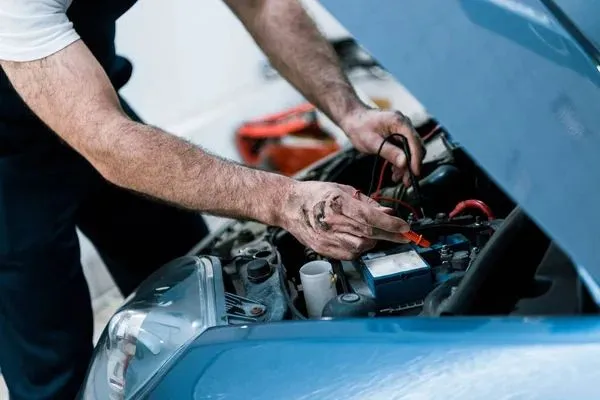
Uneven brake pad wear is another sign of broken brake drums. An uneven surface caused by warped or broken brake drums encourages the brake pads to wear unevenly as well. As a result, pad wear occurs more quickly and irregularly. It might be time to check your brake drums if you observe that your brake pads are wearing unevenly or too soon.
Grinding or Squealing Noises
Brake drum problems may also be indicated by grinding or screeching sounds made during braking. Unusual sounds may result from friction created by the braking shoes or pads pressing against the drum’s uneven surface. These sounds and vibrations are unmistakable indicators that your brake drums are probably worn out or broken.
Addressing the Problem Promptly
Ignoring vibrations brought on by brake drum troubles might result in more serious problems, such poorer braking or even brake failure. It’s critical to have your braking system evaluated right away if you encounter any of the aforementioned symptoms. In addition to restoring appropriate braking performance, prompt repair or replacement of damaged brake drums will also contribute to your car’s safety.
Conclusion
Brake drum problems are frequently the cause of vibrations experienced when driving, particularly when braking. Maintaining the safety and braking effectiveness of your car can be achieved by identifying these symptoms and taking quick action.

